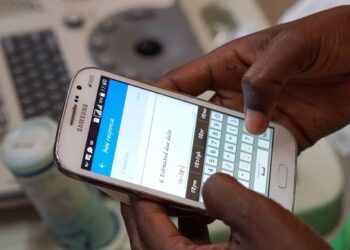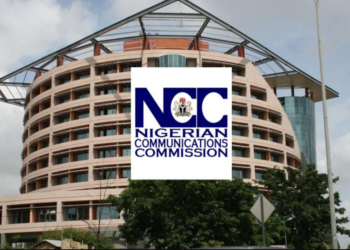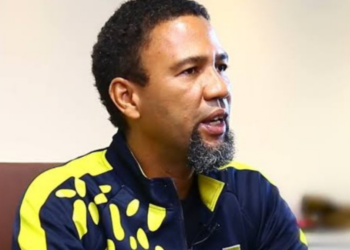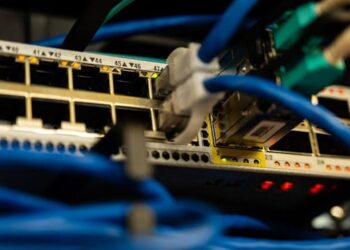The Nigerian Communications Commission (NCC) will any moment from now announce a new tariff regime for the telecommunications sector, that will see costs of data, voice, and SMS services go up.
This follows years of agitation and advocacy by telecom operators for a review of the current tariff regime, which was last adjusted in 2013.
The operators cited the astronomical rise in cost operations fueled by the forex crisis and the rising inflation in the country as justification for an increment in telecom tariffs.
According to them, players across all sectors of the economy have adjusted their prices in line with the economic realities, except telecoms where the regulator has withheld the approval for such a move.
However, after a meeting with the telecom companies in Abuja last week, the Minister of Communications, Innovation, and Digital Economy, Dr. Bosun Tijani, announced that the government was willing to shift ground and allow price increments in the interest of the industry’s sustainability.
But the Minister was unequivocal in dismissing the 100% increment requested by the telecom operators
Cost of data in Nigeria and other markets compared
While the NCC has yet to reveal the percentage increment to be implemented, the general perception in the industry is that Nigeria currently has one of the lowest telecom tariffs in Africa, especially for data, hence, the operators want an increment that will be commensurate with what obtains in other markets.
- Based on the latest data released by the International Telecommunications Union, a comparative analysis of the cost of 2GB of data in Nigeria, South Africa, Kenya, and Ghana, reveals that Nigeria indeed has the lowest cost.
- According to the ITU’s ICT Services Affordability Report 2023, the cost of 2GB data in Nigeria is $2.35, whereas the same costs $2.66 in Ghana.
- In Kenya, a 2GB data package costs $2.92, while in South Africa, the same package goes for $7.98, but still not the highest on the continent as Zimbabweans pay the highest cost for data at $10.23 per 2GB.
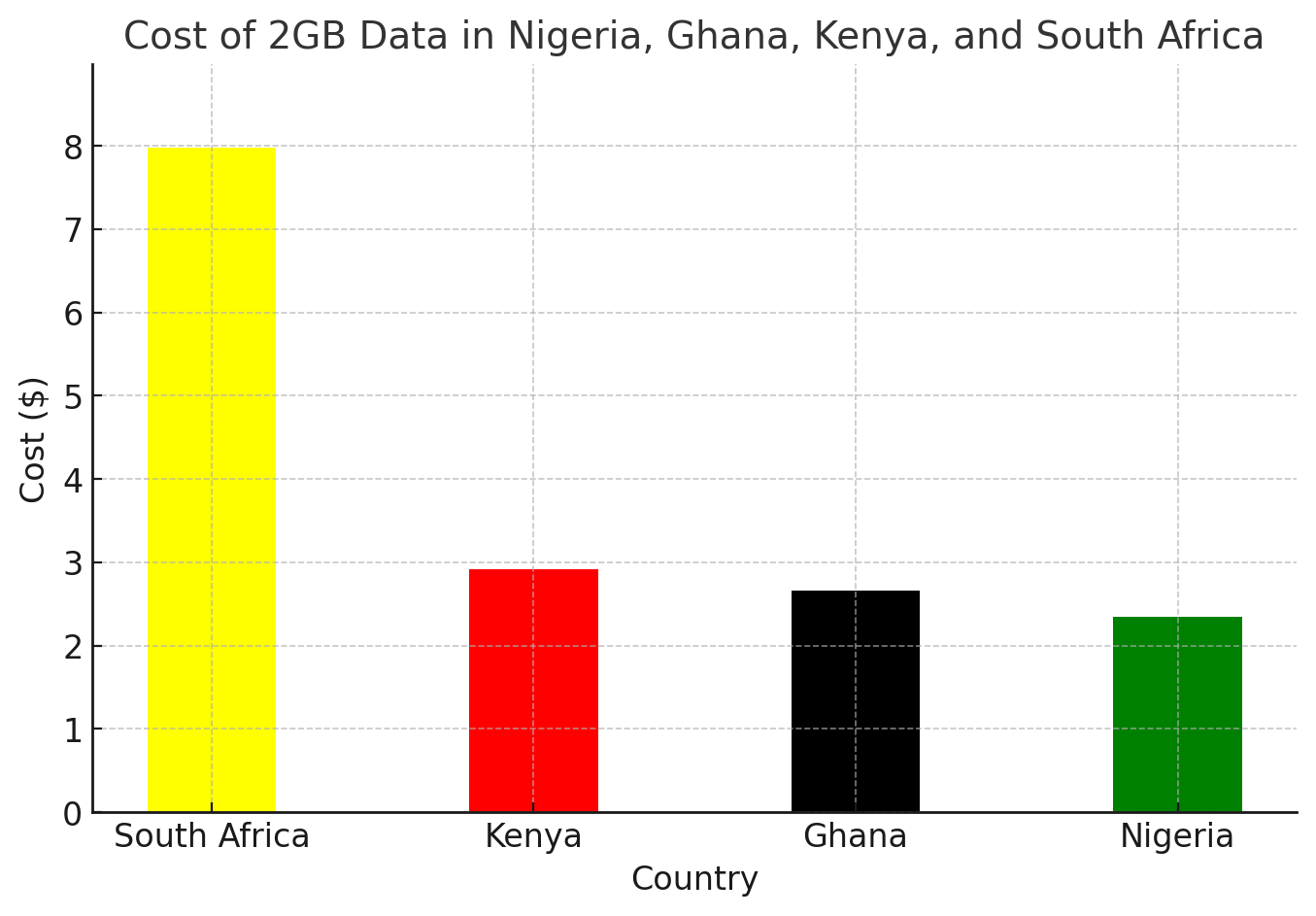
Similarly, a worldwide data pricing report published by cable.co.uk ranked Nigeria as one of the countries with the cheapest price for 1GB of data in the world. Globally, Nigeria ranked 31 out of 237 countries with Israel ranking as number one with an average of 1GB of data at $0.02.
According to the report, the average cost of 1GB of data in Nigeria is $0.39 and it is the cheapest in the West African region.
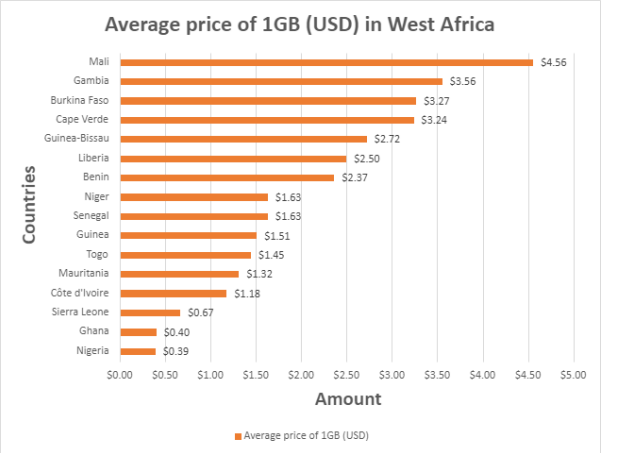
Economic imperatives
As Nigeria is preparing to review telecom tariffs which will bring the cost of data up to the same level as some other African countries and possibly surpass others, it is also imperative to look at the economic power of the subscribers.
For instance, a look at the GDP Per Capita of each of the four countries shows that Nigeria also has the lowest GDP Per Capita compared to South Africa, Ghana, and Kenya.
GDP per capita is a measure of a country’s average income, calculated by dividing its gross domestic product (GDP) by its population and it is often used to compare the standard of living between countries.
- In that regard, South Africa, which currently has one of the most expensive data on the continent is an Upper-Middle Income country according to the World Bank with the country’s GDP Per Capita at $15,194.2 as of 2023.
- Similarly, Ghana, a lower-middle-income country has a GDP Per Capita that is far above Nigeria’s at 7,543.0.
- Kenya, though in the same lower-middle-income economy category as Nigeria, has a higher GDP Per Capita per the World Bank’s 2023 data at 6,307.2
- The World Bank put Nigeria’s GDP Per Capita for 2023 at 6,207.4, which is the lowest among the four countries compared.
Justifications for increment
For telecommunications operators in Nigeria, there are more then enough reasons to increase tariffs for voice, data, and SMS services, and not just a slight adjustment but 100% increment.
According to the CEO of Airtel Nigeria, Mr. Dinesh Balsingh, telecom tariffs in Nigeria have remained static despite the dramatic increase in operating expenses, which have surged by over 300% in the last 18 to 24 months alone.
Balsinghsaid the increments are critical for maintaining high-quality services and enabling further advancements in Nigeria’s digital transformation journey.
- Sharing the same sentiment as Airtel’s CEO, Toriola said the telecom industry is now facing a sustainability threat that must be addressed through a tariff review.
- While emphasising that telecommunications is a fundamental human right and a critical element for driving an economy, Toriola noted that without a sustainable industry, the economy and the well-being of Nigerians will suffer.
- He highlighted how inflation, foreign exchange devaluation, and rising energy prices have drastically increased operational expenses for telecom operators.
- According to him, diesel costs have risen from pre-COVID levels of N230 to over N1,000 per liter.
- The official exchange rate has shifted from N424.50 to about N1,550 at the end of 2024, drastically increasing the cost of importing critical infrastructure like base stations, which now cost nearly four times more than they did two years ago.




